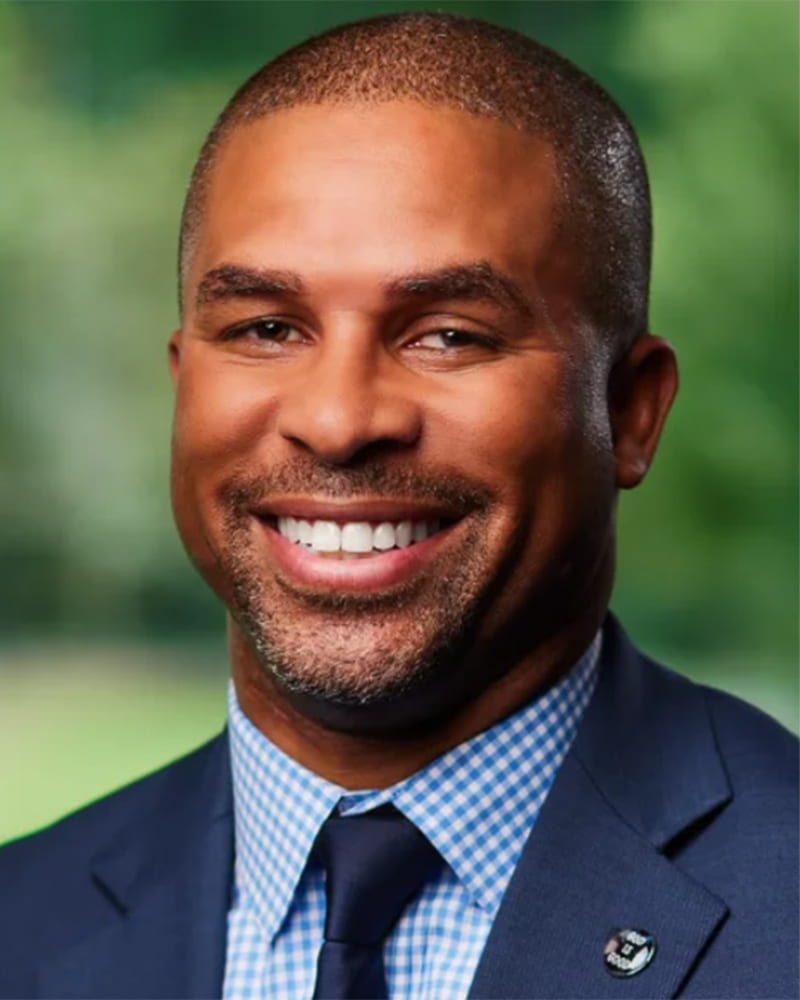By Dr. Joel Hazard
The apostle Paul’s ultimate goal was to guide individuals toward embracing faith in Christ by engaging with them on their own terms and making the message relatable. In 1 Corinthians 9:20-23, Paul outlines his strategic approach to evangelism, emphasizing the importance of adapting to diverse audiences. He simply became. “I have become all things to all people so that by all possible means I might save some” (1 Corinthians 9:22 NIV).
Paul aims to effectively advance the gospel by prioritizing flexibility, cultural understanding, and empathy while maintaining adherence to God’s moral standards. He is willing to set aside traditions and comforts when necessary to reach a broader and more diverse audience.
As I extract wisdom from the words and strategies of Paul, I find myself instinctively comparing these approaches to those leaders entrusted with overseeing and fostering inclusivity, cultural awareness, school engagement, and community outreach efforts within our schools.
Over the past two and a half years, I committed my time to in-depth research, conducting interviews, and crafting narratives centered on the perspectives and experiences of Diversity Directors in the Council on Educational Standards and Accountability (CESA)-affiliated schools. My research sought to investigate how Diversity Directors navigate their roles and the influence of their faith on their work. Notably, a significant discovery emerged: besides receiving support from their school’s leadership and board members, these leaders demonstrated success by exhibiting a capacity to empathize with and forge meaningful connections among a wide range of stakeholders. Simply put, they became.
Through these efforts, these leaders frequently found themselves bridging gaps with disheartened parents, uncooperative faculty and staff, a cautious head of school, and even board members with divided opinions, meeting them at their respective levels of understanding or apprehension. Oftentimes these leaders were the ones who had to demonstrate understanding and emotional constraint in highly complex situations even when some in their community treated them in a way that favored the actions of one who was more interested in media soundbites than truth or evidence. These leaders needed to make a conscious effort to let go of their personal comforts and ingrained traditions in order to navigate culturally challenging, emotionally charged, and difficult situations with both effectiveness and compassion. This was all done in the pursuit of fostering unity within their school community. Simply put, they became.
So, what leadership insights can we glean from these leaders who, like Paul, actively seek to empathize with and forge meaningful connections within and beyond their community with the hope of fostering unity? How can we become?
Take a proactive approach
To begin, leaders can take a proactive posture to enhance their cultural competency. As our school communities increasingly embrace a wide array of students and families from diverse cultural backgrounds, it’s imperative for us as leaders to elevate our understanding of these varied cultures, backgrounds, and perspectives. This heightened awareness remains crucial for our ongoing commitment to cultivate empathy, understanding, and inclusivity while effectively serving these families. We need to be a student of those we currently serve and look to serve in the near future.
Create meaningful interaction
Secondly, we can create meaningful opportunities for close interaction by immersing ourselves in neighboring communities. Instead of remaining within the comfort zones of our school environments, we should actively seek engagement with those outside our immediate circles. This entails not only breaking bread together but also spending time and serving alongside individuals we are intentionally seeking to better understand. Through these active engagements, we can foster deeper connections, cultivate genuine appreciation, and establish a foundation of trust with the broader community.
As a result, we can effectively bridge the divide between our schools and the surrounding communities, nurturing unity and cooperation in the process.
Demonstrate appreciation
Finally, we can demonstrate our appreciation for the diverse cultures that enrich our school communities by actively celebrating them. This involves the planning and organizing of events and activities that highlight the various cultures and traditions contributing to the liveliness of our school community. We can commemorate all cultures through cultural fairs, designated heritage months, and by inviting guest speakers from diverse cultural backgrounds to impart wisdom to our student body. By taking these actions, we send a powerful message that every member of our school community is a valued and celebrated member.
As we continue to live out our school’s mission and vision, it’s important to recognize that conflict, disagreement, and the skillful management of diverse viewpoints within our community will remain persistent challenges. As educational leaders, it is paramount that we adopt the purposeful approach of the apostle Paul’s “becoming.” This approach equips us to consistently prioritize the needs of others, meet individuals at their unique points, remain attuned to the aspirations and requirements of our communities, and establish ourselves as devoted servants of the Lord, well-prepared to lead with effectiveness and empathy.

Joel Hazard is in his seventeenth year as a Christian school educator. He currently serves as the Head of Academic Collaboration and Culture at Fellowship Christian School in Roswell, Ga. Joel has a master’s degree in educational leadership, as well as a specialist degree in educational leadership for learning from Kennesaw State University. Joel has a passion for school leadership, curriculum development, and is a champion of diversity within the Christian school sector. His efforts focus on professional development, curricular enhancements, and the creation of a learning environment that is biblically inclusive, and culturally proficient in preparing students to thrive in a globally connected world.
